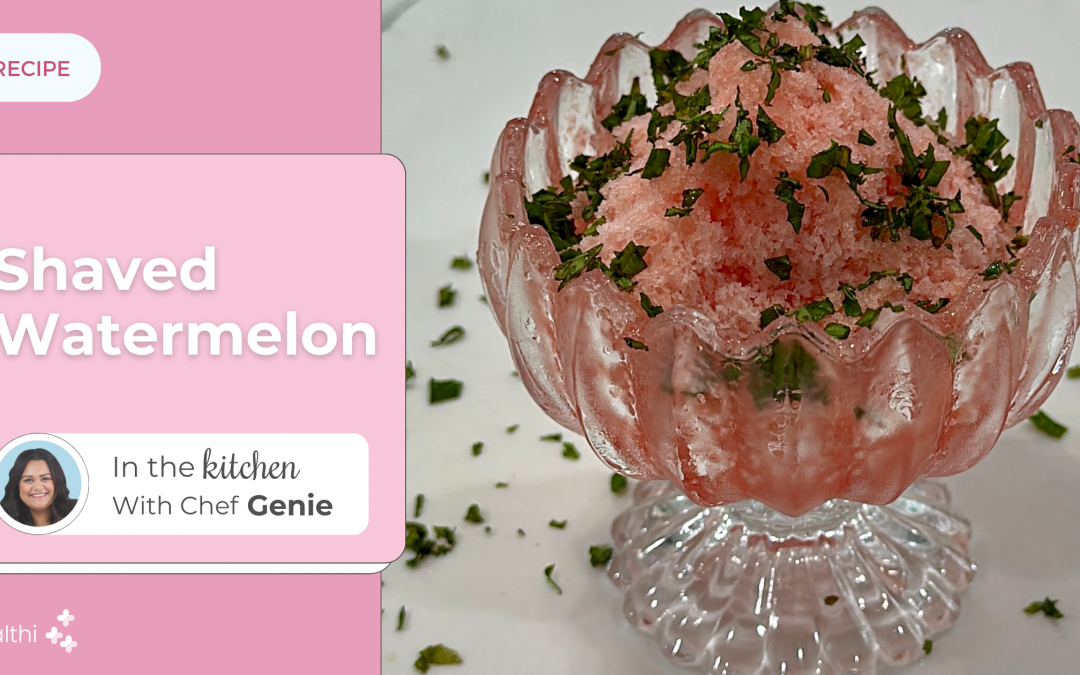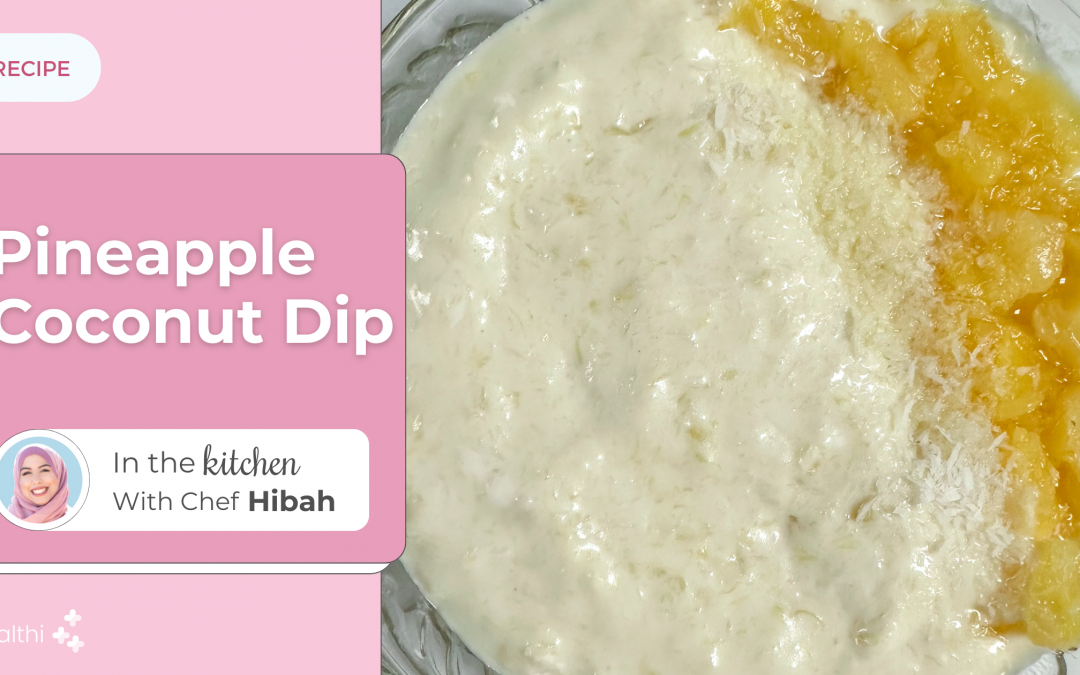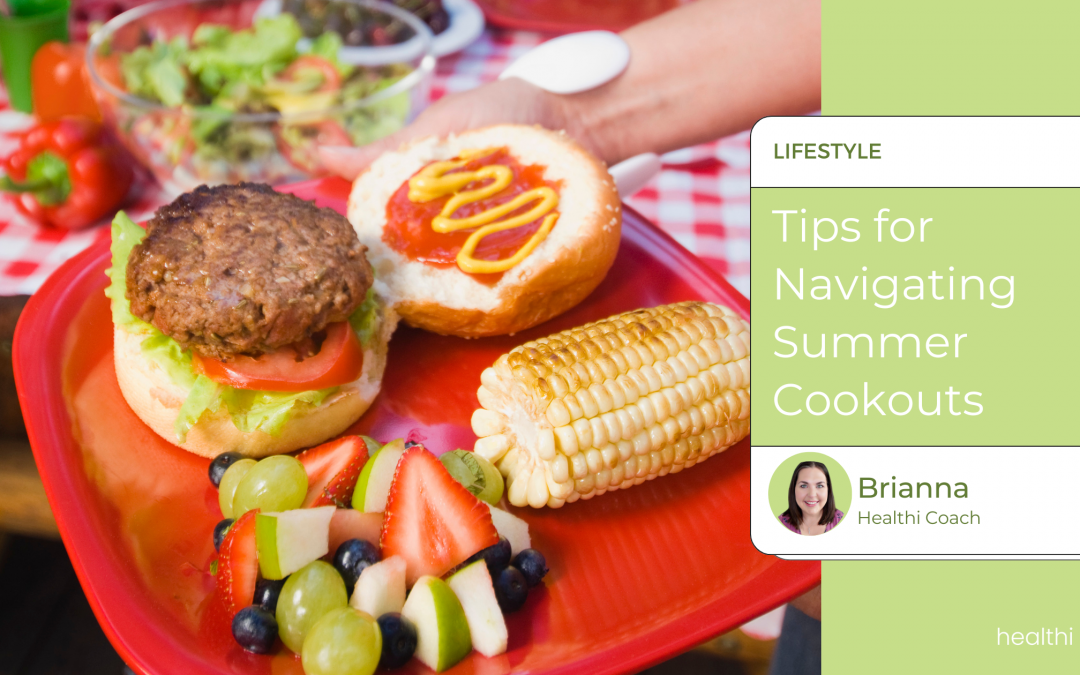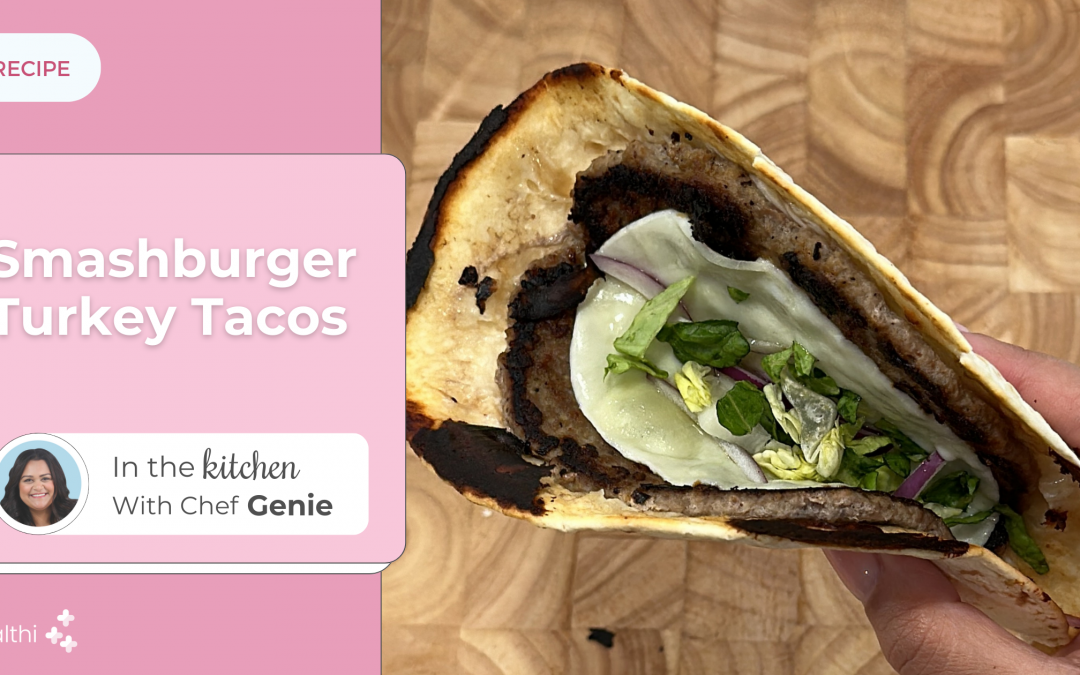Protein Power: 10 Foods to Add to Your Weight Loss Diet
Maintaining a healthy weight is crucial for overall well-being, and a balanced diet plays a crucial role in achieving this goal. Protein is an essential nutrient that helps to build and repair tissues and muscles, and it can also aid in weight loss by boosting metabolism and reducing appetite. If you’re looking to shed a few pounds, adding protein-rich foods to your diet is an excellent strategy. In this article, we’ll explore ten foods that are high in protein and perfect for weight loss.
Overview:
- What are proteins?
- The importance of proteins for weight loss
- 10 proteins to add to your weight loss diet
- Sample meals
- Precautions
- Conclusion
What are proteins?
Proteins are macronutrients that are essential for the growth, maintenance, and repair of tissues in the body. They are made up of building blocks called amino acids, which are linked together in long chains. There are 20 different amino acids, and the body can synthesize some of them, while others must be obtained from the diet.
Protein-rich foods can help to control appetite and support weight loss efforts. Protein takes longer to digest than carbohydrates, so it can help to keep you feeling full and satisfied for longer, reducing the likelihood of overeating.
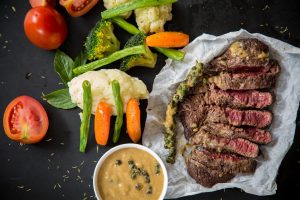
What role does protein play in the body?
Proteins play many crucial roles in the body, such as building and repairing tissues, producing hormones and enzymes, and supporting immune function. They also serve as a source of energy, although they are not the body’s preferred energy source.
For women, proteins are an important food group for several reasons. Firstly, they are essential for maintaining and building lean muscle mass, which is important for overall health and fitness. As women age, they tend to lose muscle mass, which can lead to a decline in strength and mobility. Eating adequate amounts of protein can help to counteract this age-related muscle loss.
Proteins are also important for supporting healthy bones. Women are at a higher risk of developing osteoporosis than men, and consuming adequate amounts of protein has been shown to support bone health and reduce the risk of fractures.
Overall, proteins are an essential nutrient for women, and consuming adequate amounts of protein from a variety of sources can help to support optimal health and well-being. The recommended daily intake of protein for women is 0.8 grams per kilogram of body weight, although this may vary based on individual needs and goals.
The importance of proteins for weight loss
Proteins are an essential nutrient that is important for weight loss in women. Proteins have many important functions in the body, including building and repairing tissues, producing hormones and enzymes, and supporting immune function. When it comes to weight loss, consuming adequate amounts of protein can be beneficial for several reasons.
Firstly, protein is more satiating than carbohydrates or fats. This means that it can help to keep you feeling full and satisfied for longer periods of time, reducing the likelihood of overeating or snacking on unhealthy foods between meals. When combined with a reduced calorie intake, consuming adequate amounts of protein can help to create a calorie deficit, which is necessary for weight loss.
Secondly, protein has a higher thermic effect than carbohydrates or fats, which means that it takes more energy for the body to digest and metabolize protein. This increased energy expenditure can help to boost metabolism, burn more calories, and support weight loss efforts.
Finally, consuming adequate amounts of protein can help to preserve lean muscle mass during weight loss. This is particularly important for women, as they tend to have less muscle mass than men. When the body is in a calorie deficit, it can break down muscle tissue for energy. However, consuming adequate amounts of protein can help to minimize muscle loss and preserve lean muscle mass, which is important for overall health and fitness.
It’s important to note that while protein can be beneficial for weight loss, it should not be consumed in excess. Consuming too much protein can lead to weight gain, as excess protein is stored as fat in the body. To keep track of what and how much you are eating, you can utilize the Healthi app. It allows you to track your daily food intake while keeping track of your calories and macros (protein, fat, and carbohydrates).
10 proteins to add to your weight loss diet
If you’re looking to add more protein to your weight loss diet, here are ten protein-rich foods that can help you achieve your goals:
- Chicken Breast: A 3-ounce serving of chicken breast contains about 26 grams of protein and is low in fat, making it an excellent choice for weight loss.
- Turkey Breast: Like chicken breast, turkey breast is also high in protein and low in fat. A 3-ounce serving contains about 24 grams of protein.
- Salmon: Salmon is a fatty fish that is rich in protein and omega-3 fatty acids. A 3-ounce serving of salmon contains about 22 grams of protein.
- Tuna: Tuna is another fish that is high in protein and low in fat. A 3-ounce serving of tuna contains about 20 grams of protein.
- Greek Yogurt: Greek yogurt is a great source of protein and contains beneficial probiotics. A 6-ounce serving of plain Greek yogurt contains about 18 grams of protein.
- Cottage Cheese: Cottage cheese is a low-fat cheese that is high in protein. A half-cup serving contains about 14 grams of protein.
- Lentils: Lentils are a vegetarian protein source that is high in fiber and low in fat. A half-cup serving of cooked lentils contains about 9 grams of protein.
- Quinoa: Quinoa is a seed that is often referred to as a “superfood” due to its high nutrient content. A half-cup serving of cooked quinoa contains about 4 grams of protein.
- Eggs: Eggs are a versatile protein source that can be eaten in many different ways. One large egg contains about 6 grams of protein.
- Almonds: Almonds are a healthy snack that is high in protein and healthy fats. A quarter-cup serving of almonds contains about 6 grams of protein.
Incorporating these protein-rich foods into your meals can help you to feel full and satisfied while supporting weight loss efforts. It’s important to remember to consume protein as part of a balanced diet that includes a variety of different foods.
In order to ensure that you’re maintaining a balanced diet, you can use the Healthi app. This will take your specific concerns into consideration and generate custom meal plans, while also providing you with pre-made meal plans that you can leverage for your benefit. Moreover, it handles the calorie tracking bit of the process for you, while also assigning BITE values to food items to help you make better, more informed food choices.

Sample meals
Here are some sample meal plans that incorporate these protein sources:
- Breakfast: Greek yogurt with sliced almonds and berries
- Lunch: Tuna salad with mixed greens, tomatoes, and a hard-boiled egg
- Dinner: Grilled chicken breast with roasted vegetables and quinoa
- Breakfast: Scrambled eggs with spinach and feta cheese
- Lunch: Lentil soup with a side salad and grilled chicken breast
- Dinner: Grilled salmon with roasted sweet potatoes and steamed broccoli
- Breakfast: Cottage cheese with sliced peaches and a drizzle of honey
- Lunch: Quinoa salad with mixed vegetables, avocado, and grilled chicken breast
- Dinner: Turkey breast with roasted Brussels sprouts and mashed sweet potatoes
- Breakfast: Almond butter and banana on whole-grain toast
- Lunch: Tuna and avocado wrap with mixed greens and tomatoes
- Dinner: Lentil and vegetable stir-fry with brown rice and grilled salmon on the side
These meal plans provide a variety of options for incorporating these protein sources into a balanced diet. It’s important to note that the specific serving sizes and quantities will vary based on individual needs and goals. Once again, using the Healthi app works best, given that it will generate or recommend meal plans that are customized to your needs.
Precautions
Here are some precautions that women should keep in mind while incorporating protein into their diet for weight loss:
- Consult a healthcare professional: Before starting any new diet or exercise regimen, it’s important to consult a healthcare professional to ensure it’s safe and appropriate for your individual needs.
- Avoid high-fat protein sources: While protein is an essential nutrient for weight loss, it’s important to choose lean protein sources that are low in saturated and trans fats. Examples of lean protein sources include chicken breast, turkey breast, fish, eggs, Greek yogurt, and legumes.
- Be mindful of portion sizes: While protein is important, it’s also important to be mindful of portion sizes. Consuming too much protein can lead to weight gain and other health issues. Aim for a moderate amount of protein with each meal, such as 3-4 ounces of chicken or fish.
- Balance your macronutrient intake: While protein is important for weight loss, it’s also important to balance your intake of other macronutrients, such as carbohydrates and fats. Aim for a balanced diet that includes a variety of nutrient-dense foods.
- Stay hydrated: Consuming adequate amounts of water is important for weight loss and overall health. Be sure to drink plenty of water throughout the day, especially when incorporating high-protein foods into your diet.
- Consider your individual needs and goals: The amount of protein you need will vary based on your individual needs and goals, such as your age, gender, weight, and activity level. It’s important to tailor your protein intake to your individual needs.
By following these precautions, women can safely incorporate protein into their diet for weight loss and achieve their health and fitness goals.
Conclusion
In conclusion, incorporating protein-rich foods into your weight loss diet is an effective way to achieve your goals. Foods like lean meats, fish, eggs, and beans are excellent sources of protein that can keep you feeling full for longer and help to burn calories. By adding these foods to your meals, you’ll not only lose weight but also improve your overall health. So, start making these changes to your diet today and see the difference for yourself. Remember to consult with a healthcare professional or a registered dietitian to help you develop a healthy and sustainable weight loss plan.







